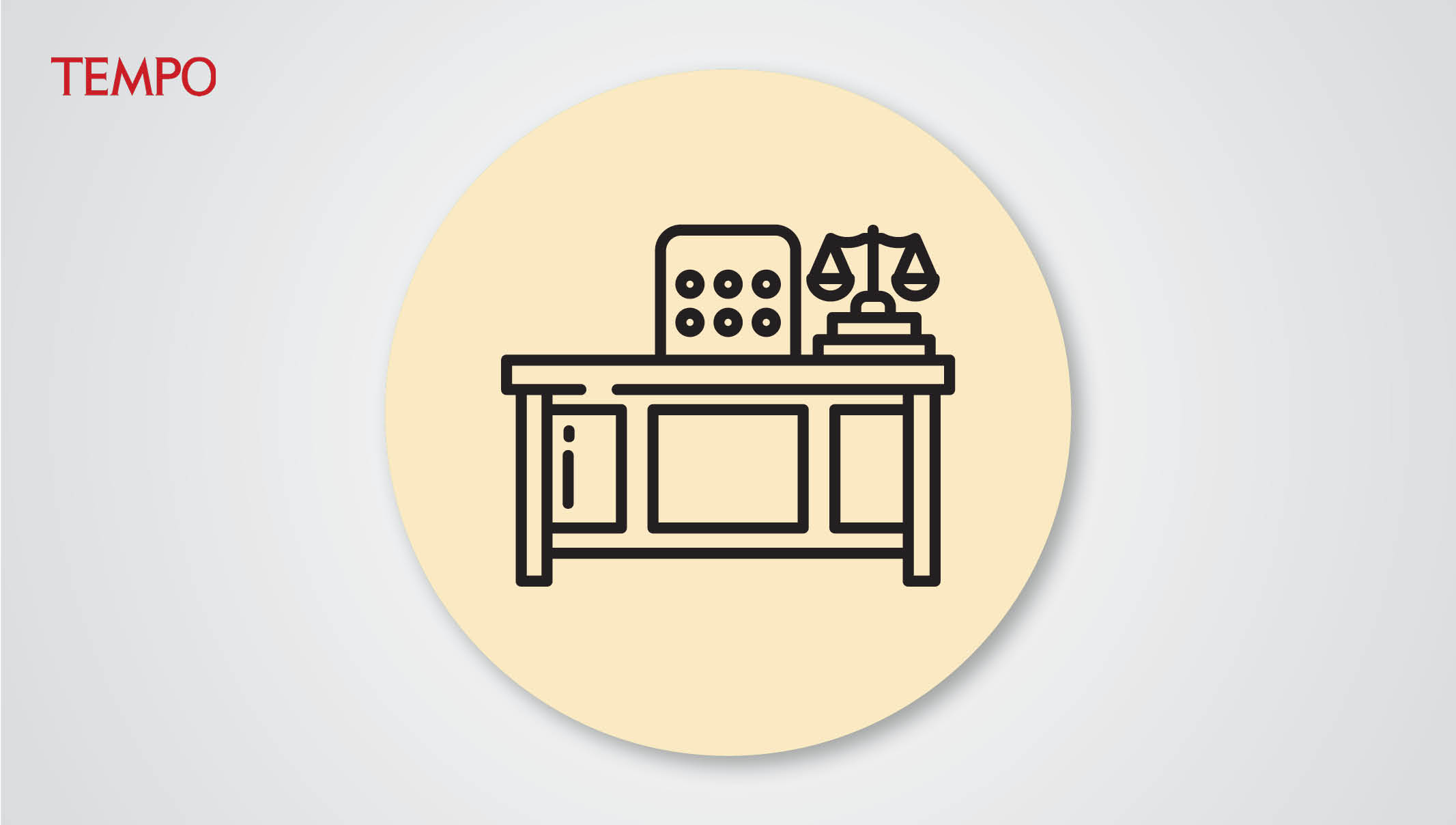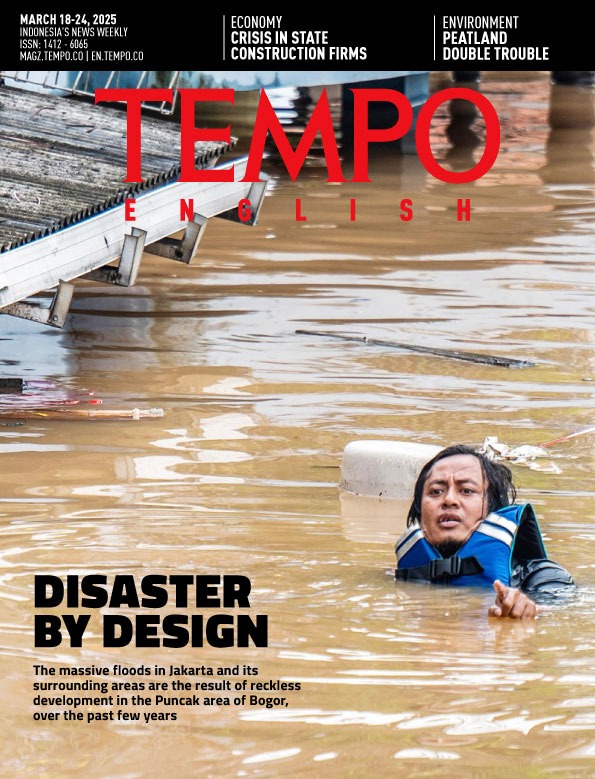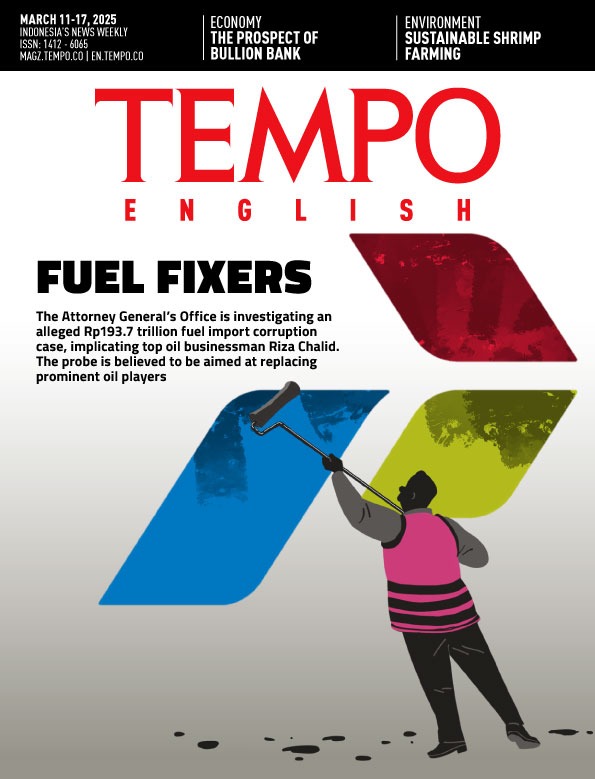Unfairness in Climate Crisis Mitigation
Monday, December 4, 2023
Climate crisis mitigation creates new disparities. Developing countries do not have the same capabilities as the developed ones.
arsip tempo : 174342522450.

THE climate crisis has created disparities. Industrial nations produced the greenhouse gases that have caused global warming since the 1800s. Now the impact of this is being felt by everybody, no matter where they are, in the form of climate disaster. Poor and developing nations are suffering most because they do not have adequate human resources to withstand extreme weather or infestations of pests.
Now, with global temperatures 1.2 degrees Celsius higher than in the preindustrial era, developed nations have asked all countries to reduce their emissions to prevent the climate crisis worsening. This request was repeated at the Conference of the Parties United Nations Climate Change Conference being held this year in Dubai, United Arab Emirates.
According to UN experts, the planet will experience catastrophe if the temperature rise exceeds 1.5 degrees Celsius. Therefore, reducing the emissions of greenhouse gases is the only way to prevent this devastation. In order to slow down the rise in global temperatures, emissions must be cut by at least half of the annual global total of 53 billion tons of carbon dioxide equivalents.
Developed countries are blithely asking other nations to slow down their industrial activity in order to reduce emissions. But they are already far ahead in terms of development. For poor nations, this request is the same as asking them not to become rich or to develop. Poor and developing countries will find it difficult to develop their economies without extracting natural resources. But the exploitation of natural resources releases greenhouse gases.
In order to break this cycle, experts are offering a new way to grow economies, namely sustainable development: spurring economic growth while reducing emissions. This means that transportation and electrical equipment must be powered by renewable energy sources. Forests can no longer be cut down. People who manage forests receive incentives in the form of carbon trading.
The problem is that this new type of development is very costly. In order to replace a coal-fired power plant with one using clean energy, for example, the Indonesian government has to provide Rp18 trillion (around US$1.2 billion). And to replace all coal-fired power stations, Indonesia would need to find Rp1,500 trillion (US$65 trillion).
Therefore, at the COP28 climate conference in Dubai, there are two agenda items that will have to be discussed by the 197 national delegates and industrial leaders. Firstly, they need to reexamine the progress made by each nation in reducing emissions. Secondly, they need to reach an agreement on a US$100 billion annual loss and damage fund.
Financial contributions from industry and developed countries will be necessary to help poor and developing countries with climate mitigation measures, such as the energy transition. Although it is not a huge amount, these funds will be a middle way to prevent disparities in the collaboration to reduce the emissions of greenhouse gases.
The problem is that the developed nations and industry have consistently failed to honor this agreement. Proposed five years ago, the loss and damage fund is always discussed at the annual COP conferences, but the developed countries never agree on a mechanism to pay it out. However, the more time that passes without it being paid out, the higher the cost of dealing with the impact of climate disaster.
As a result, the climate is now caught in a vicious circle: developed nations and industry continue to discuss the climate crisis while doing nothing about disparities and unfairness.











